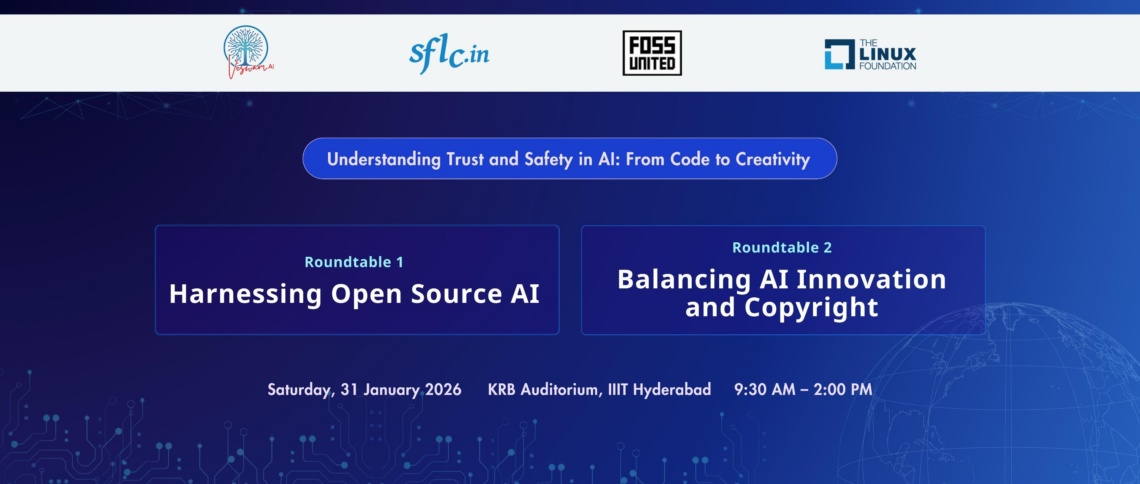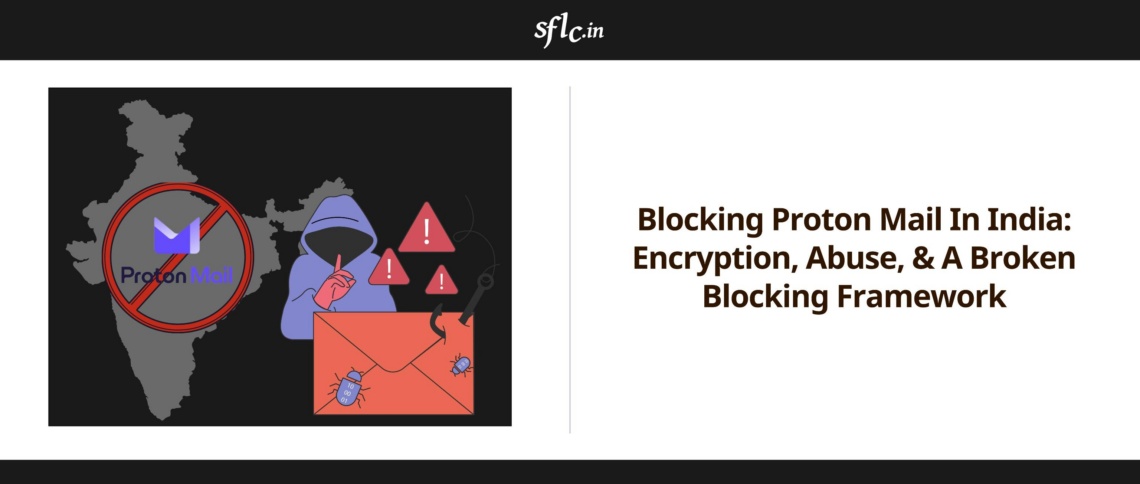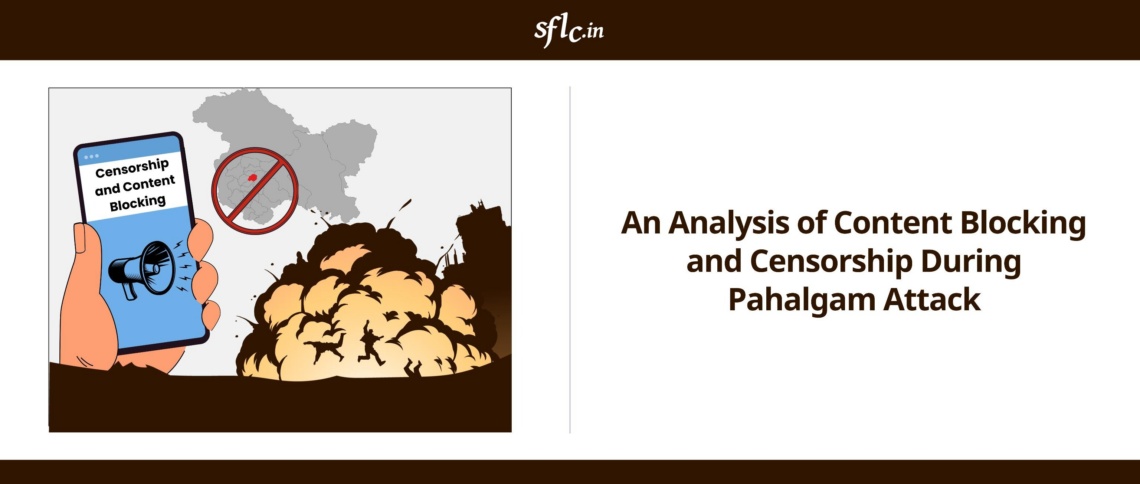The hearing for day 6 began with Mr. Shyam Divan, counsel for petitioners, submitting a note on the concept of client IP and device IP. While explaining the significance of IP Address, he showed the court as to how an IP device can be used to know the approximate location. He further explained about the end to end traceability requirement in the devices registered with UIDAI.
Justice Chandrachud gave the example of an individual having multiple interfaces with the State such as tax, electricity bills. He stated that each of these interfaces enable the government to track the individuals. He asked that if PAN was required to be used instead of Aadhaar, how would it be different from the current situation. He further questioned if it was the centralization of data which makes Aadhaar unconstitutional.
Mr. Divan, agreeing to Justice Chandrachud on centralization of data, stated that normally, a single entity has the information. However, present case poses the problem of aggregation of data. Referring to an ECHR judgment in the case of Digital Rights Ireland, he said that you cannot even maintain logs. Pointing out the difference between utility provider knowing the location and centralization of data, he said that centralization of data facilitates complete tracking of an individual.
Moving forward, Mr. Divan addressed the point on multiple identity cards. Taking the example of PAN cards, he said that by giving an identity card, an individual is establishing her identity and availing benefits. He said that in such a scenario, there would be no question of surveillance.
He stressed that by surveillance, he did not mean being watched from behind the screen but about the architecture of the program.
Justice Chandrachud again intervened saying that even the banks maintain a central repository of all the transactions. He said that we are constantly surrendering our identity for various services, which even if by choice, creates a central database. He questioned that if an individual is surrendering her identity to various private entities, then would it make any difference if the State is collecting information of the individuals. He further asked if the collection and use of such data were governed by norms, would that solve the problem.
Mr. Divan responded by saying that the question here was not of checks and balances but whether the Constitution allows for such a surveillance State. He said that in this case, the whole architecture is of pervasive surveillance.
Mr. Divan then resumed his point on limited government. He read out the judgment in the case of KT Plantations case wherein rule of law was held to be an implied limitation on government power. He said that the State cannot deny an individual her entitlements when she has alternative ways of identification.
On the issue of exclusion, Kapil Sibal stood up, referring to a Planning Commission Report in 2005 which stated multiple factors for exclusion while Aadhaar gave a solution for just one of them. He stated that the Aadhaar Act was based on the principle of ‘One nation, One identity’.
Justice Chandrachud intervened to say that the issue of financial exclusion should also be discussed to which Mr. Divan replied that another senior counsel would discuss it in detail. He stated that that had affidavits of people on ground who were facing problems and exclusion due to Aadhaar.
He read out the portions of judgment in case of Nandini Sundar v. State of Chattisgarh on Constitutionalism. He further quoted President Ram Nath Kovind on trust between the State and the citizen.
Mr. Divan then went back to his submissions on rule of law. Handing over a note, he explained how Aadhaar violated the concepts of both rule of law and good governance.
He submitted how UIDAI had proceeded to collect biometric information of individuals without any statutory norm. He stated that the scheme had been continuing since 2009 without any statutory backing despite several judgments on this point. He submitted that it is inconceivable that we could have a centralized registry which can record transactions for lifetime. He said that such an action would be ultra vires Part III.
Summing up his arguments on rule of law and limited government, he stated that in a free and liberal society, routine transactions cannot be made conditional on barter of biometric information.
He further said that in a limited government, an individual must have choices in both interaction with private individuals as well as the State. Another important aspect, he pointed out, was the idea that an individual could do something in their space without the State knowing about it.
He then dealt with the concern raised by the court regarding justification of Aadhaar. He said that there were two justifications being forwarded by UIDAI for Aadhaar- first, Aadhaar will give millions of people who do not have an identity, a means of identification and second, enormous amount of financial savings due to Aadhaar by plugging leakages.
He stated that these claims were false.
With respect to the first point, he submitted that Aadhaar enrolment required some pre-existing identity. In case it was not available, an introducer system was required. Forwarding the statistics regarding enrolments through introducer system, he stated that this system was used only for 0.03% of the people. He stated that enrolment of 0.03% of people cannot justify the use of such an invasive system as Aadhaar for millions of people.
On the second point of savings, Mr. Divan submitted that the Union had placed reliance on the World Bank Report which estimated that Aadhaar has resulted in savings of 11 billion dollars per annum. He stated that these were exaggerated claims. He further mentioned that the Chief Economist and Senior Vice President of World Bank, Paul Romer has resigned from his position for the reason that there was no integrity in the data.
He pointed out that the World Bank report made reference to an article, however, that article made no such claims. Discrediting the report, he said that the article used the figure for the total disbursal from the schemes and did not mention about savings.
Further referring to the savings under MGNREGA scheme, he presented statistics which clearly showed that they were either heavily inflated or incorrect.
Mr Divan referred to an RTI response of UIDAI which mentioned that the savings were in terms of increasing the efficiency and decreasing the delay and not the actual financial amount. It did not mention anything about the fraud.
Finally, coming to the LPG subsidies, Mr. Divan stated that CAG had expressed its concerns over the figures mentioned. He further pointed out the inconsistencies in the savings shown in the UIDAI affidavit and the minutes of cabinet secretariat.
Hearing will continue on Tuesday, 6th February, 2018.



